Double bassist of The Hermes Experiment Marianne Schofield shares how having no pre-existing repertoire didn’t stop the chamber ensemble from flourishing.
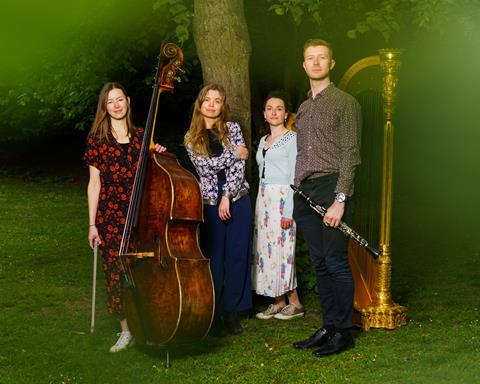
Read more Featured Stories like this in The Strad Playing Hub
There was something liberating and yet daunting about starting a chamber ensemble with no pre-existing repertoire.
When we formed The Hermes Experiment, a quartet of clarinet, harp, double bass and soprano voice, the project literally was an experiment; we didn’t know exactly what would be possible with these four instruments, or how long this venture would last.
Our inaugural concert, which took place in an old sewing warehouse off Brick Lane in London, was a slightly weird jumble of solos and duos, alongside some improvisation and our first ever commissioned piece.
Ten years later, we have over seventy new commissions alongside a growing repertoire of our own pieces and arrangements, have won awards from the Royal Philharmonic Society and the Royal Over-Seas League, and will release our third album, TREE, in October 2025.
Our unusual lineup of instruments meant that we had to do things differently from the start. There wasn’t a clear career pathway to follow, as there might be for a string quartet or a piano trio; often we weren’t eligible for existing chamber music courses, competitions and funding categories. But in many ways this was an advantage; there were no rules, we didn’t feel any burden of precedent, and we were forced to be inventive from the very beginning.
Putting on our own concerts initially involved a lot of trial and error in terms of administration, promotion and presentation; for an audience, coming to a concert of entirely new works is a big ask. We found that including spoken introductions to pieces during a concert made a positive difference, as did thinking about set length, staging and the overall concert experience in a less traditional way; many of our early performances happened to be at alternative venues such as galleries, repurposed industrial buildings, or back rooms of pubs, which helped this.
We also began creating projects in collaboration with other art forms; a musical exhibition pairing new pieces with photographs, a concert fusing live poetry and improvisation, and a theatrical production where we played on stage alongside actors.
It’s easy to underestimate the importance of the purely practical side of starting an ensemble; I’m not sure The Hermes Experiment would have continued if we hadn’t all been equally committed to answering emails, sharing the writing of funding applications, and putting in extra hours of work in the early years as students.
As four classically-trained musicians, improvisation wasn’t something we’d done much of before, but we incorporated it into our gigs either as its own entity, as a device to link pieces together, or to facilitate collaboration in cross-arts projects. Initially, we practised improvising by taking stands away and just trying things out as a group, then discussing afterwards what we thought worked.
It was easy to fall into many of the classic beginner traps of trying to show everything at once, not committing fully to gestures, and playing rather than listening. We’ve since had brilliant mentoring from experienced improvisers Elaine Mitchener and Zoe Martlew, and recently organised a residency for ourselves to work just on improvisation.
I personally find it a ‘practiceable’ skill or mindset, a bit like a muscle that needs to be exercised to be in shape; a good challenge can be attempting to improvise a five-minute piece each day as part of your personal practice.
Collaboration, both within the group and with external artists, has been a crucial driver of growth for the ensemble. The composers we’ve worked with have been an absolutely integral part of expanding our musical world, and we are so grateful for this, especially to those who wrote for our strange lineup in our early years. Every commission has unearthed new sonic or dramatic possibilities within this combination of instruments and our individual techniques have been pushed to places we couldn’t have imagined, not to mention our ensemble skills as an unconducted group.
There has never been an easier time to collaborate with composers than in this age of screenshots, voice notes and video calls, and we always find it mutually beneficial to work closely with the composers who write for us. I believe that composers are especially crucial allies for double bass players, as our instrument is still in the exciting early stages of its repertoire growth curve.
Through playing new music, I have been shown a whole new colour palette of sounds on the bass, and this can feed back into ‘classical’ playing; you are more familiar with the possible range and expressive potential of your instrument, and have an expanded toolkit for dealing with challenges.
I believe that composers are especially crucial allies for double bass players, as our instrument is still in the exciting early stages of its repertoire growth curve
As a string player, I have learnt so much about breathing, attack, balance and text through working closely with musicians from different instrumental families in The Hermes Experiment. After years of being in concerts and composers’ workshops together, our own arrangements of existing works have become increasingly daring.
Although we each write these individually, we’ll discuss arrangement repertoire collectively and feedback to each other on technical points during the process, even if it’s just sending a screenshot of a music snippet with the caption ‘Is this possible?!’.
Many of our arrangements are reimaginings of historical works by composers whose music we wanted to share more widely, such as Elizabeth Jacquet de la Guerre, Barbara Strozzi, and Lili Boulanger. The aim is to respect and preserve the essence of the original, while speaking using the voice of the group.
We’ve also worked collaboratively with living composers including Anna Meredith, Nicola LeFanu and Errollyn Wallen on bespoke arrangements of their existing works, and we enjoy using arrangements to genre-hop within programmes. Moving forward creatively has always been important, and writing our own original material, as we have done for the first time on our third album, TREE, felt like a natural next stage for us.
TREE is released on 17 October 2025 on Delphian Records.
Read: Colin Alexander: from resembling to reassembling the human voice on the cello
Read: Ones to watch: Five up-and-coming bass players
Read more Featured Stories like this in The Strad Playing Hub

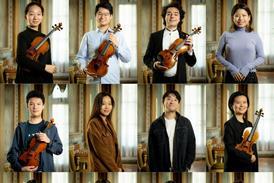
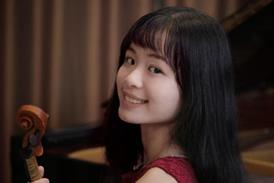
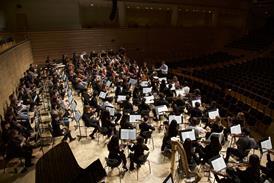
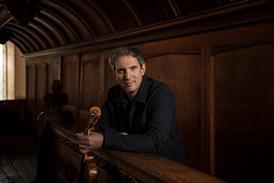
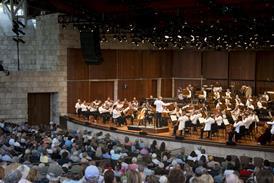
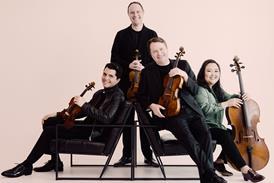

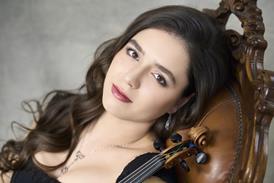
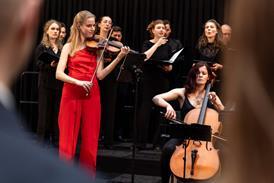

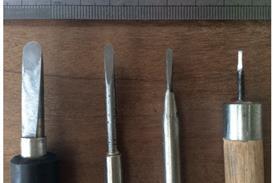
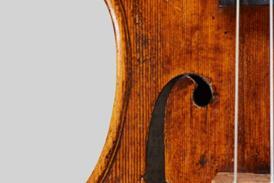
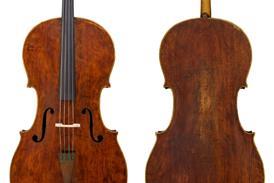
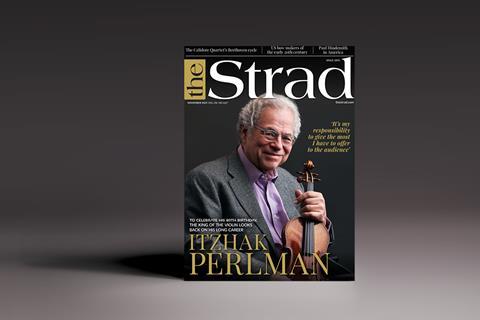




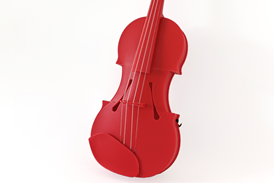
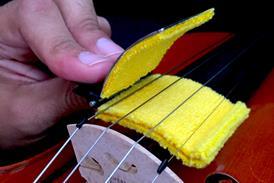
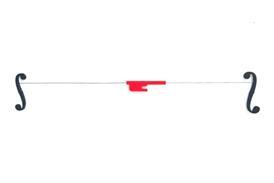



















No comments yet